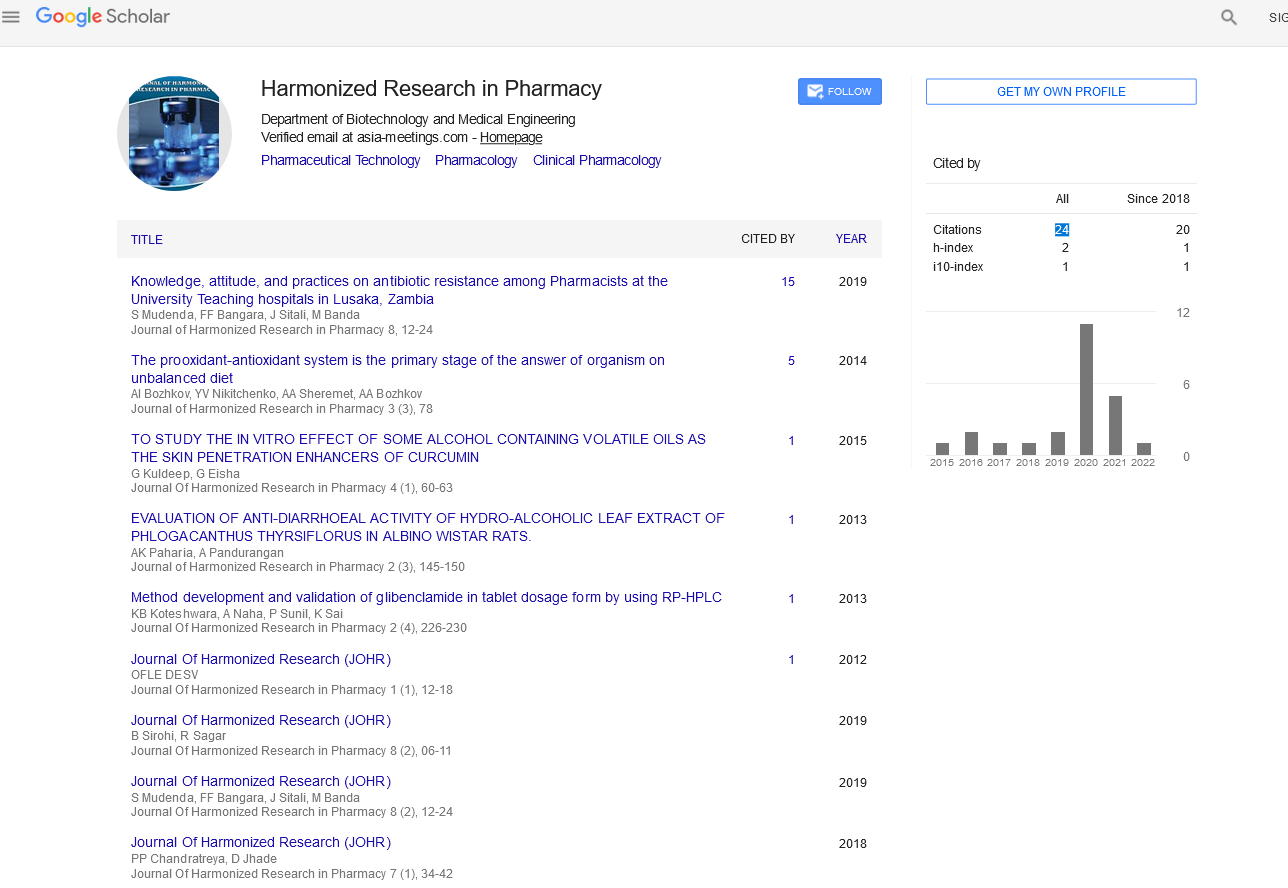PHARMACOLOGICAL EVALUATION OF CRUDE SAPONIN FRACTION FROM FENUGREEK SEED EXTRACT ON ETHYLENE GLYCOL INDUCED NEPHROLITHIASIS IN RATS.
Abstract
Author(s): Ahmed Sabir, Muhammad Adnan, Naser A. Al Wabel, Shahid Karim, Mohammad Ali
Introduction: Fenugreek is a folklore medicine prescribed for treatment of renal stones in Sudan. There has been many studies evaluating the effect of fenugreek seeds and leaves in renal stones. These studies have used the aqueous, methanolic extracts of seed and/or whole seed to establish the effect in nephrolithiasis. In the current study we evaluated the effect of saponins from the methanolic extract of the fenugreek seeds on nephrolithiasis in Wistar Rats. Method: 24 Wistar rats were divided into 4 goups: Normal, Low dose TSf, high Dose Tsf and Ethylene glycol. The duration of treatment was 28 days. Following parameters like serum BUN, serum Creatinine, dry oxalate weight in kidney and histopathological examination were evaluated. Statistical analysis: the result presented as mean ± SEM, and the comparisons between the experimental groups were performed using Student’s t-test. Results & Conclusion: Crude saponin fraction has shown a significant decrease in serum BUN and Serum creatinine as compared to Ethylene glycol treated rats. The crude saponins fraction of Fenugreek seeds significantly reduced the formation and deposition of (CaOx) stone as compared to Ethylene Glycol treated rats. Key words: Wistar Rats, Fenu Greek seed, Crude Saponin fraction, nephrolithhiasis, Blood Urea Nitrogen, Serum Creatinine, Ethylene glycol.

Google Scholar citation report
Citations : 147
Journal of Harmonized Research in Pharmacy received 147 citations as per google scholar report









